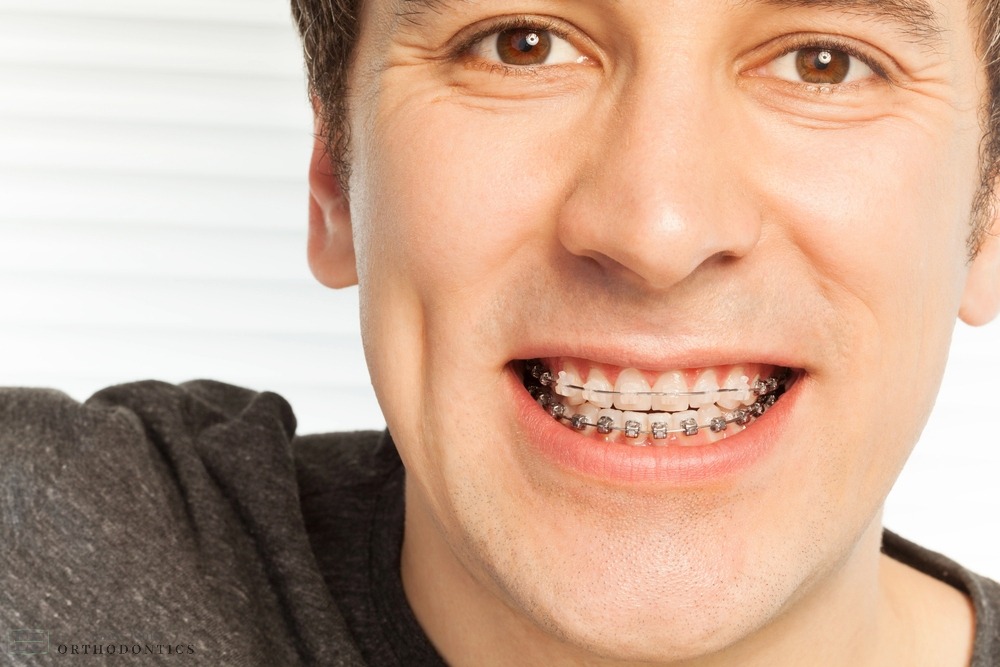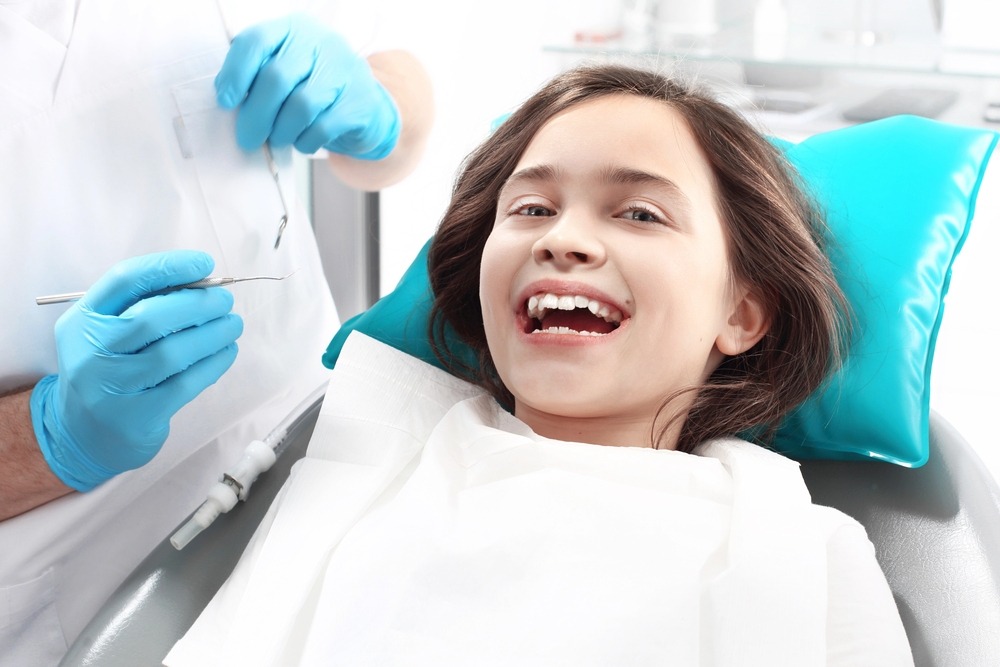Searching for “overbite vs underbite in Chester Springs, PA?” You are not alone. These bite problems are common and affect more than just aesthetics. Poor jaw alignment can lead to chewing issues, speech problems, and even chronic headaches.

What Are Overbites and Underbites?
An overbite is when the upper teeth overlap the lower teeth too much. An underbite happens when the lower jaw sticks out too far. Both affect bite function and jaw alignment.
Left untreated, these issues can cause pain, speech problems, and uneven wear on teeth. Over time, tooth positioning changes can lead to tooth decay, gum disease, and changes to your facial profile.
Causes of Bite Problems
Several factors contribute to bite misalignment and jaw structure issues:
Childhood Habits
Thumb sucking, pacifier use, or tongue thrusting during formative years can push teeth out of alignment. These habits disrupt natural jaw growth and result in future bite problems.
Genetics
Many bite patterns and tooth alignment problems are inherited. If a family member has malocclusion, chances are you might also develop one.
Diet Choices
Eating mostly soft foods weakens jaw muscles. Crunchy foods like apples, carrots, or nuts encourage strong jaw alignment and better tooth positioning.
Missed Early Consultations
Skipping early orthodontic evaluations can allow small issues to worsen. Tools like palate expanders or bite guards can guide proper jaw development in children and reduce the risks of more invasive treatments, such as orthognathic surgery, later.
Why Correct Bite Problems?
Correcting your bite helps much more than your appearance. Untreated issues may lead to:
- Chewing issues – food may be hard to bite or chew.
- Speech problems – certain sounds may be difficult to say.
- TMJ issues – poor jaw alignment can cause jaw tension, soreness, and headaches.
- Tooth damage – misaligned bites cause uneven tooth movement and increase the risk of tooth decay and gum disease.
- Self-esteem concerns – many patients feel embarrassed by their smile.
Bite correction improves function, protects teeth, and restores confidence.
Orthodontic Treatment Options
At Emily Funk Orthodontics, we offer advanced, patient-centered care to deliver excellent treatment outcomes. Here are some common treatment options for bite correction:
Braces
Traditional braces are highly effective for fixing severe issues, including overbite, underbite, crowding, and spacing issues. They use brackets, archwires, and elastics to move teeth gradually into their proper positions.
Clear Aligners (Invisalign)
For a discreet option, Invisalign aligners are removable, clear trays that treat mild to moderate cases of malocclusion, such as overjet and mild gaps. They are smooth, comfortable, and allow patients to maintain excellent oral hygiene during treatment.
Orthodontic Appliances
Specialized tools like palate expanders, bite guards, and rubber bands help guide teeth and jaw growth in younger patients. Early use of these appliances prevents more complex procedures down the line.
Jaw Surgery (Orthognathic Surgery)
If the jaw structure is severely misaligned, jaw surgery may be necessary. This procedure repositions the jaw bones and, in combination with braces or aligners, ensures a stable, functional bite.
Benefits of Bite Correction
Fixing your bite offers benefits beyond a great smile:
- Better chewing function and easier eating
- Relief from jaw tension and TMJ issues
- Lower risk of tooth decay and gum disease
- Easier oral hygiene and less plaque buildup
- Improved self-esteem and overall confidence
Cost of Overbite & Underbite Treatment in Chester Springs, PA
The cost to fix an overbite or underbite can be different for each patient. Your price depends on how severe the bite is and the treatment that is right for you.
Mild bite issues are often treated with braces or clear aligners. These treatments usually cost between $3,500 and $7,500.
Post-Treatment Care and Retention
Completing your treatment is just the beginning. Retaining your results requires proper follow-up care to keep your teeth in their aligned positions:
Wear Retainers: Retainers are critical for preventing teeth from shifting back.
Maintain Oral Hygiene: Brush, use fluoride, and floss daily to protect against plaque and maintain long-term results. According to Dr. Karl Lugus, a board-certified Pediatric Dentist in Cumming, GA, teaching children proper oral hygiene during and after orthodontic treatment is critical for preserving their results and preventing future dental problems.
Follow-Up Visits: Regular checkups help monitor your progress and adjust your retainer as needed.

Why Choose Emily Funk Orthodontics?
Families in Chester Springs trust Emily Funk Orthodontics because of our commitment to personalized care. Here’s why we stand out:
- State-of-the-Art Technology: We use tools like digital X-rays and 3D imaging for precision care.
- Tailored Treatment Plans: Every patient receives a unique plan to match their goals and lifestyle needs.
- Patient-Centered Care: Creating a comfortable, hassle-free experience is our priority.
Take the First Step Today
If you’re dealing with an overbite, underbite, or other bite disorders, Emily Funk Orthodontics in Chester Springs, PA, can help. Let us create a customized treatment plan to improve your jaw alignment, reduce discomfort, and give you the healthy, confident smile you deserve.
Schedule your consultation today to begin your journey toward better bite function and oral health.
About the Authors
Dr. Emily Funk-Reynolds – Orthodontist in Chester Springs, PA
Dr. Karl Lugus – Pediatric Dentist in Cumming, GA
Frequently Asked Questions
Can you fix underbite as an adult?
Yes! You can fix an underbite at any age. Braces, clear aligners, or surgery for severe cases can all work. Treatment may take longer than in childhood, but good results are possible. An orthodontist or jaw specialist can make a plan just for you and help you get a healthy, confident smile.
At what age should overbites be corrected?
Most orthodontists recommend fixing overbites between ages 7 and 14 while the jaw is still growing. But it is never too late, adults can still get good results. The best time to start is when you and your orthodontist decide together.
What happens if you don’t fix an overbite?
If you do not fix an overbite, your teeth can wear down, hurt, or even break. Chewing can get hard, and you might have jaw pain or headaches. It can also change your speech, smile, or face shape. Treating it helps keep your teeth and bite healthy.
 Free Consult
Free Consult
